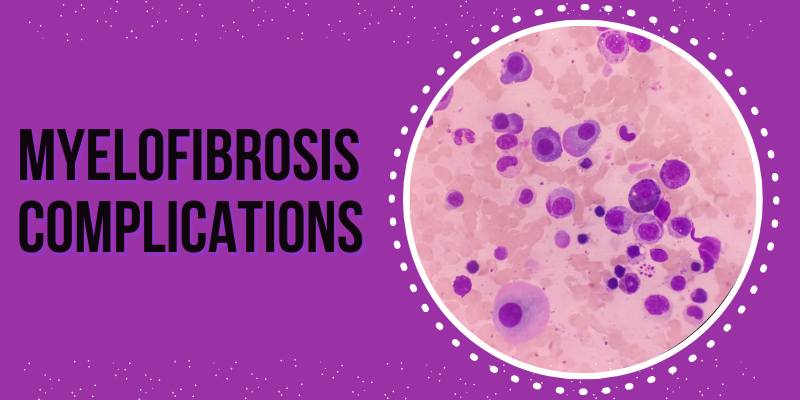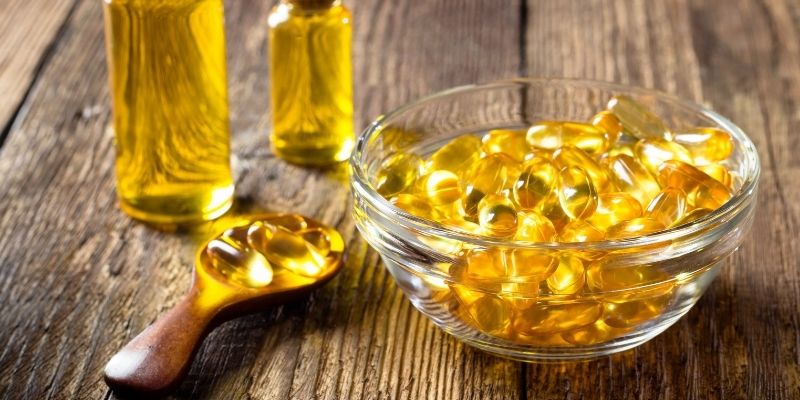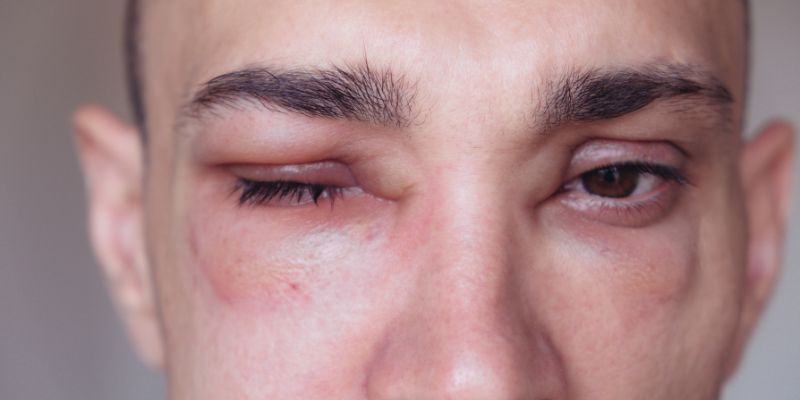Fish Oil and ADHD: Exploring Its Impact on Symptoms
Neurodevelopmental ADHD causes inattention, hyperactivity, and impulsivity in children and adults. Environmental, genetic, and neurological factors may cause ADHD. Behavioral therapy and stimulants like methylphenidate and amphetamines have historically treated ADHD, but new methods are becoming prominent. Fish oil contains omega-3s like EPA and DHA. Many studies have studied how these necessary fats affect ADHD. This article will address fish oil's benefits on ADHD symptoms, how it works, recommended dosage, side effects, and safety for children with ADHD. Fish oil may benefit ADHD sufferers toward the end.
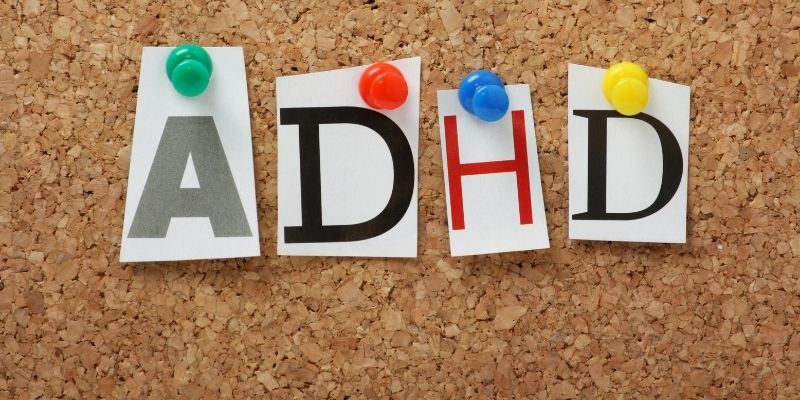
Benefits of Fish Oil for ADHD:
- For healthy brain cell membranes, neurotransmission, and inflammation reduction, omega-3 fatty acids (EPA & DHA) are necessary.
- Research suggests that ADHD patients have reduced omega-3 levels, indicating that fish oil supplementation may assist in regulating brain chemistry.
- Omega-3s affect neurotransmitters like dopamine and serotonin, reducing ADHD symptoms, including inattention, hyperactivity, and impulsiveness.
- Improved Mood and Concentration: Omega-3s regulate ADHD-related Mood, attentiveness, and concentration.
- Anti-inflammatory Effects: Fish oil may lower brain inflammation, improving cognitive performance and ADHD symptoms.
- Omega-3s may enhance ADHD-related cognitive performance and behaviour by reducing brain inflammation.
- Poor sleep quality is connected to ADHD. Thus, omega-3s in fish oil may assist in regulating brain function.
- Omega-3s support brain growth, especially in ADHD youngsters, improving cognition and conduct.
- Reduced Anxiety and Stress: ADHD typically co-occurs with anxiety and stress. Omega-3s may assist.
- Long-Term Behavioral Benefits: Fish oil supplementation may enhance behaviour and cognition over time.
- Non-Stimulant Option: Fish oil supplements may help people living with ADHD who cannot stomach standard drugs.
Why Fish Oil Helps ADHD
Omega-3 fatty acids, essential for brain function, make fish oil potentially beneficial for ADHD. Fish oil contains EPA and DHA, two omega-3 fatty acids for brain development and function. DHA, the brain's principal omega-3 fatty acid, maintains brain cell membranes, which allow neurons to communicate. EPA, however, is anti-inflammatory and may influence Mood and behaviour.
Research reveals an omega-3 imbalance in ADHD patients' brains. Some studies have indicated that ADHD children had lower blood EPA and DHA levels than non-ADHD youngsters. Fish oil may restore these levels and provide the brain the lipids it needs to operate well.
Dopamine and serotonin, which regulate Mood, attention, and behaviour, are also affected by omega-3 fatty acids. ADHD may alter neurotransmitter function. Fish oil supplementation may increase dopamine and serotonin transmission between nerve cells. Omega-3 supplementation may reduce inattention, impulsivity, and hyperactivity.
Fish oil may also reduce ADHD symptoms due to its anti-inflammatory qualities. Chronic brain inflammation is linked to neurodevelopmental disorders like ADHD. Omega-3 fatty acids decrease inflammation, enhancing brain function and ADHD symptoms. Fish oil may be an adjuvant ADHD therapy because it restores omega-3 equilibrium, improves neurotransmitter function, and reduces inflammation.
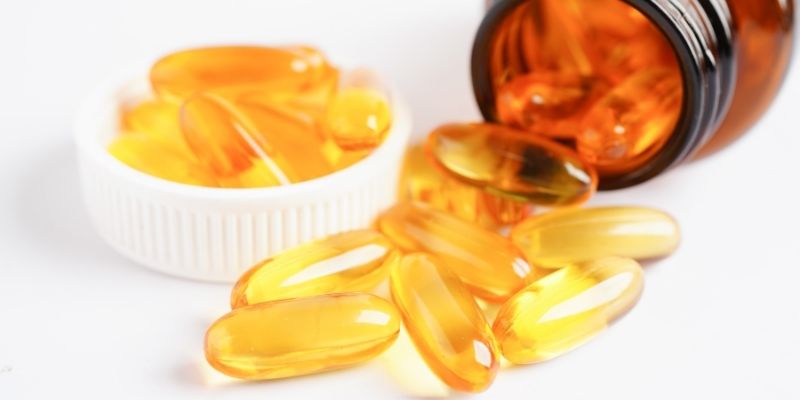
How Much Fish Oil Should ADHDers Take?
The ratio of EPA and DHA in fish oil supplements varies greatly. Due to its more significant influence on mood management and behavioural control, EPA may be more useful in controlling ADHD symptoms than DHA. Thus, ADHD patients may benefit from higher-EPA fish oil supplements. Any supplement should be taken as directed by the label or a doctor. Fish oil overdose may cause digestive distress, fishy flavour, and, rarely, blood thinning.
How Long Does It Take for Omega-3 to Help People with ADHD?
Omega-3 supplementation may alleviate ADHD symptoms at different rates. Some see results weeks after taking fish oil, while others take months. Omega-3 fatty acids improve brain health and neurotransmitter function gradually, not immediately.
Most studies show that ADHD patients who take omega-3 supplements for 68 weeks find benefits. These changes may include better concentration, less hyperactivity, and less impulsivity. However, omega-3 supplementation may depend on the individual's biochemistry and symptom intensity.
Fish oil supplementation should be part of a multifaceted ADHD treatment approach that includes behavioural therapy, educational initiatives, and medication. Omega-3s may enhance brain function and reduce symptoms but cannot substitute other therapies.
Potential ADHD Drug/Fish Oil Side Effects:
- Common Fish Oil Side Effects: Fish oil may induce burping, fishy aftertaste, nausea, or diarrhoea. Take fish oil with meals or enteric-coated capsules to reduce aftertaste.
- High amounts of fish oil may increase the risk of bleeding owing to its blood-thinning effects, which may interfere with blood coagulation. Aspirin and warfarin users should see their doctor before consuming fish oil.
- Methylphenidate and amphetamines, ADHD stimulants, may induce appetite suppression, sleep problems, and elevated heart rate. Other adverse effects include irritation and anxiousness.
- Fish oil does not mix with ADHD drugs, but it's best to check with a doctor before taking any new supplements to confirm compatibility.
- Overdose with Fish Oil: Fish oil overdose may cause bleeding, vitamin A toxicity, and digestive difficulties. Following doses and seeing a doctor is crucial.
- Fish oil supplementation may improve concentration and cognitive performance with ADHD drugs, according to specific research. However, outcomes vary; therefore, medical monitoring is necessary to track improvement.
- Impact on Mood and Behavior: Fish oil may help ADHDers regulate their Mood and behaviour, particularly those with anxiety or sadness.
Is Fish Oil Safe for ADHD Kids?
In proper amounts, fish oil is safe for children, even ADHDers. Many physicians advocate fish oil supplements to boost cognitive function in youngsters since omega-3 fatty acids are vital for brain development.
For ADHD kids, fish oil may improve brain function and lessen symptoms naturally. Studies have shown that fish oil may enhance youngsters' attention, concentration, and conduct. A doctor should establish the child's age, weight, and requirements before prescribing omega-3s for ADHD, which is usually between 1,000 and 2,000 mg per day.
Parents should pick high-quality fish oil supplements without mercury or other metals, which may damage children. Also, start with a modest dosage and gradually raise it, watching for adverse effects.
Conclusion
Omega-3 fatty acid-rich fish oil may help people living with ADHD. Omega-3s improve brain function, neurotransmitter control, and inflammation, which may assist ADHD symptoms. Omega-3 supplementation may enhance attention, hyperactivity, and impulsivity in ADHD, according to various studies. Consult a doctor before using fish oil for ADHD to establish the correct dose and avoid interactions with other medications. Fish oil supplementation may help manage ADHD symptoms naturally and effectively.



